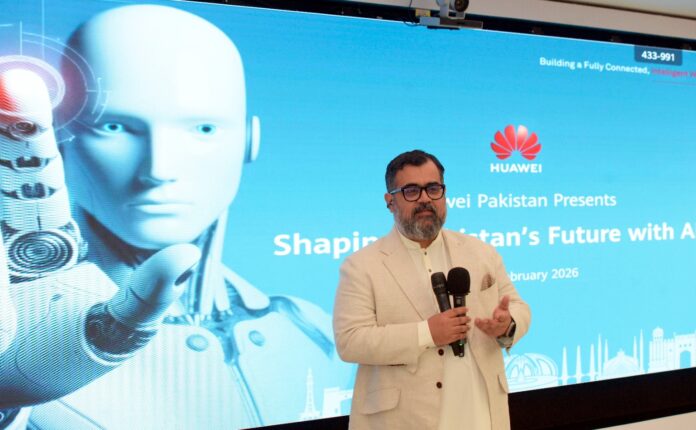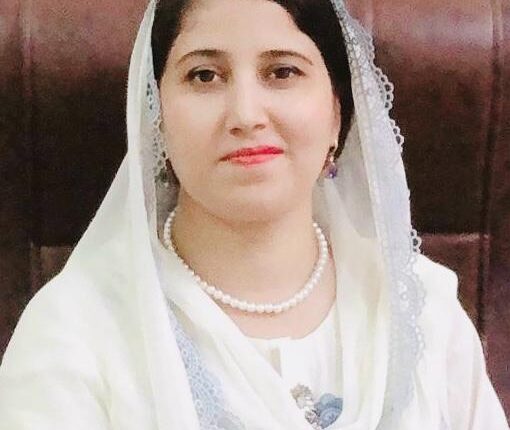As civilization advances with unprecedented speed, many wonder why our bodies don’t seem to be evolving at the same pace. Evolution is a slow process, often requiring thousands or even millions of years to bring about significant biological changes. While human society is experiencing rapid technological, social, and cultural shifts, evolution works through natural selection, which acts over generations based on survival and reproduction, not societal changes.
Instead of drastic physical changes, humans are adapting to modern life through technological and environmental adjustments. For example, glasses, vaccines, and other medical advances help us overcome biological limitations. Some scientists also point out subtle physiological shifts, such as increased average height and better immunity in populations exposed to modern health care and nutrition.
Ultimately, evolution may still be happening, but the forces that shaped early human survival—such as environmental threats and physical challenges—are now being mitigated by technology, leaving less pressure for rapid biological change.







